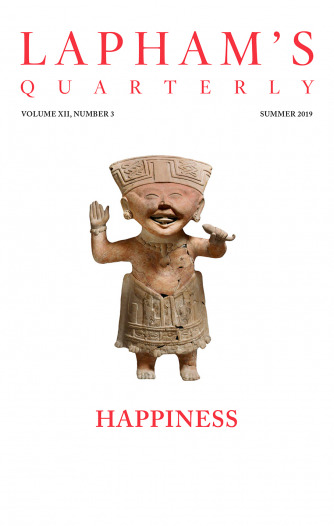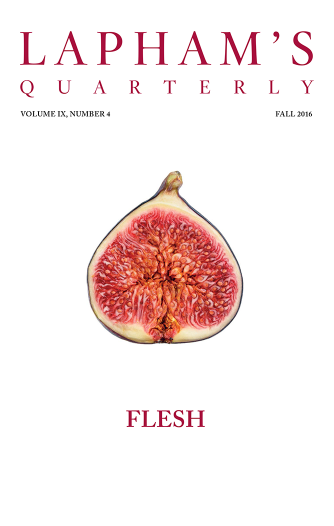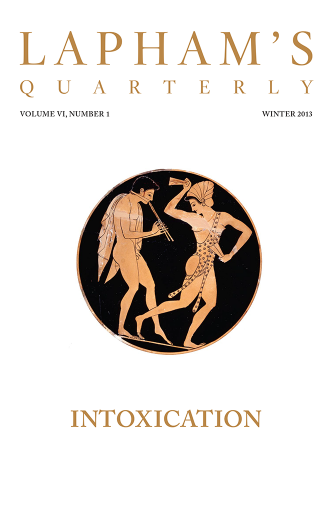
Omar Khayyam
(1048 - 1131)
Although his family name means “tent maker,” Omar Khayyam became a mathematician and an astronomer, completing an important treatise on algebra in Samarkand and conducting celestial observations in Esfahan. His studies there led to a calendar reform initiated by Sultan Malik-Shāh, based on making eight of every thirty-three years leap years. When his patron died, he went on a pilgrimage to Mecca before retiring to his native Neyshabur some time after 1092. Khayyam’s Rubaiyat, meaning quatrains, did not begin to come to light until fifty years after his death, and became famous in the West after Edward Fitzgerald’s translation appeared in 1859.


